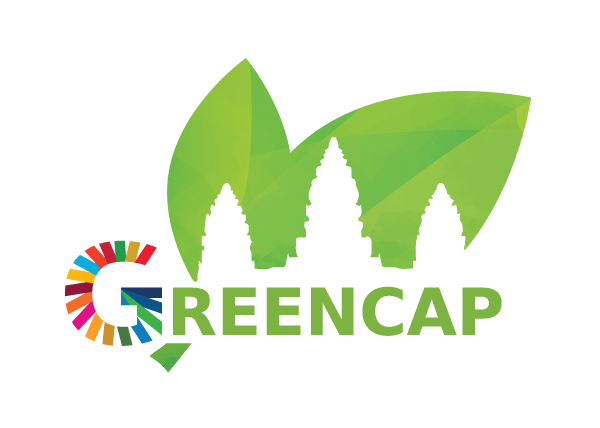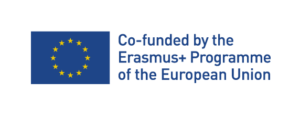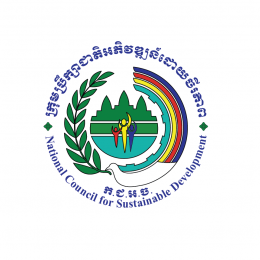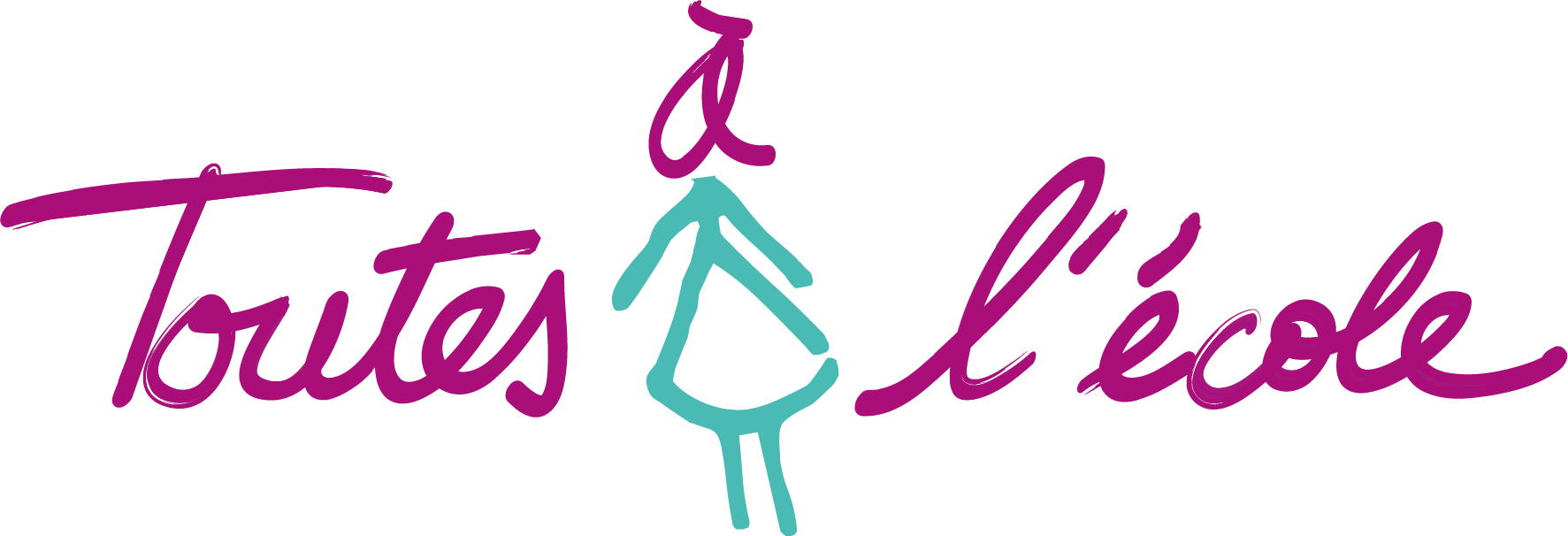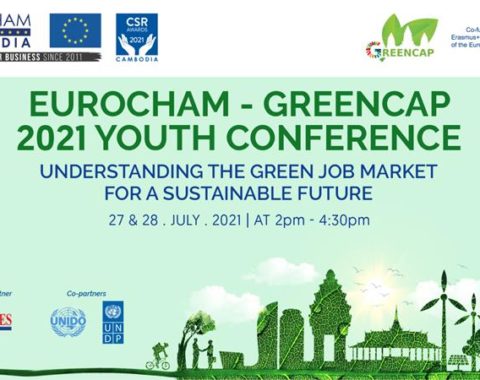
The participation of non-academic actors is considered essential …
The participation of non-academic actors is considered essential in this project since it is part of the perspective of opening up four Cambodian public partner universities to its socio-economic environment in order to provide better employability prospects for their students in the field of green business.
However Cambodian public universities are not yet well positioned and would be delighted to get external expertise to ensure in the next decade an adequate response to the demands of the labour market in this field. The participation of non-academic actors is therefore essential.
The participation of non-academic actors in GREENCAP is conceived so as to make them intervene at all stages of the project: the project design, the project management as well as the evaluation of the project and the analysis of its impact.
At the project implementation stage …
At the project implementation stage, non-academic partners will be involved in both the decision-making and operational levels.
In terms of decision-making, some representatives of the private sector (director of a green business oriented SME), of the public sector for the environment (Councilor of the Municipality of Phnom Penh), representative of the education sector (Under-Secretary of State and Advisor to the Minister of Education) and representatives of civil society (representative of regional NGO for climate change) have already participated in the kick-off meeting and some of them will be member of the professional committee. In this regard, they will be in charge of proposing recommendations in order to ensure a decisive role throughout the project and pilot the “green growth expertise” aspect of the project
At the operational stage …
At the operational stage, non-academic actors will intervene in all Work Packages, whether macro, meso or micro level. Their participation is already planned within the framework of Green Conference, job fairs, Green Debate Competition, and Green Olympiad. Their participation is also be prioritized in the creation of new courses.
Finally, non-academic actors are being asked for the qualitative evaluation during the project as well as the estimation of its impact.
Please find enclosed hereby some associated partners to the project. If your organization is interested, please contact us !
EUROCHAM / Green Business Committee :
On 29th July 2015, the EuroCham Green Biz Committee held an election to appoint the members of its new executive committee.
Following a slight reorganization, the Green Business Committee is now made of three sub-committees (Social Corporate Responsibility, Renewable Energy, and Green Buildings) with the following leadership:
GGGI :
The Global Green Growth Institute (GGGI) was founded on the belief that economic growth and environmental sustainability are not merely compatible objectives; their integration is essential for the future of humankind.
GGGI works with partners in the public and private sector in developing countries around the world to put green growth at the heart of economic planning.
IBIS RICE :
Rooted in Conservation, Hand-Grown with a Mission.
Our mission is to grow great-tasting rice that protects endangered species, preserves vulnerable forests and supports Wildlife-Friendly® farmers so that we can save earth’s most precious resources.
Our Vision: We envision a food revolution, where sustainable agriculture means making the connection between production and conservation for the benefit of the planet, wildlife, and people.
SUSTINAT GREEN :
A Leading EIA/ESIA Consulting Firm in Cambodia
Sustinat Green Co., Ltd is duly registered under the Cambodian Law, and accredited as an Environmental and Social Impact Assessment (ESIA) Consulting Firm by the Ministry of Environment.
Since 2015, we have successfully conducted numerous ESIA projects throughout the country to comply with national and international standards. Our clients include JICA, Oriental Consultants Global (OCG), CTI Engineering International, and TOTAL Petroleum, etc. Many of our professionals have been awarded PhD or Master Degree. Our professionals have served as experts or consultants to many local and international institutions such as the World Bank, ADB, JICA, WWF, WCS, ILO, and FAO, etc.
THURAWADH Co. :
Thurawadh Co., Ltd is based in Phnom Penh – Cambodia. Thurawadh works in response to entrepreneurs’ needs for turning their innovative idea into successful business venture.
Thurawadh Co., Ltd is an investment consulting firm specializes in business and investment advisory, fundraising, access to green finance, corporate restructuring, and business matching. We focus on serving the comprehensive needs of businesses in the full range of the business cycle. We have provided consultancy services to various local and international entrepreneurs, investors, and companies across Cambodia.
MOEYS :
The Ministry of Education, Youth and Sport (MoEYS) is the Ministry responsible for promoting and regulating education, youth and sport development, in Cambodia.
Its vision is to establish and develop human resources of the very high quality and ethics in order to develop a knowledge-based society in Cambodia.
M.o.Env / NCSD :
NCSD is a policy-making body established in May 2015 to promote sustainable development and to ensure economic, environmental, social and cultural balance within the Kingdom of Cambodia.
The NCSD was consolidated from four bodies, namely, the National Council of Green Growth and its Secretariat, the National Climate Change Committee and its Secretariat, the National Biosafety Secretariat and the National Biodiversity Steering Committee.
ENERGY LAB :
Behind EnergyLab Asia is a global vision of a world powered by 100% clean energy. We are here to help foster and make this vision a reality.
EnergyLab was founded to support new business and technological initiatives that move Australia and the world toward 100% clean energy solutions
HAPPY CHANDARA:
Happy Chandara School provides global support to its pupils: education, food and medical monitoring (general medicine, vaccinations, dental and eye care).
Their families are also supported and helped. Happy Chandara’s involvement is essential for the future of the young girls in this poor area, where most of the inhabitants make a living from agriculture, fishing and jasmine flower picking.

